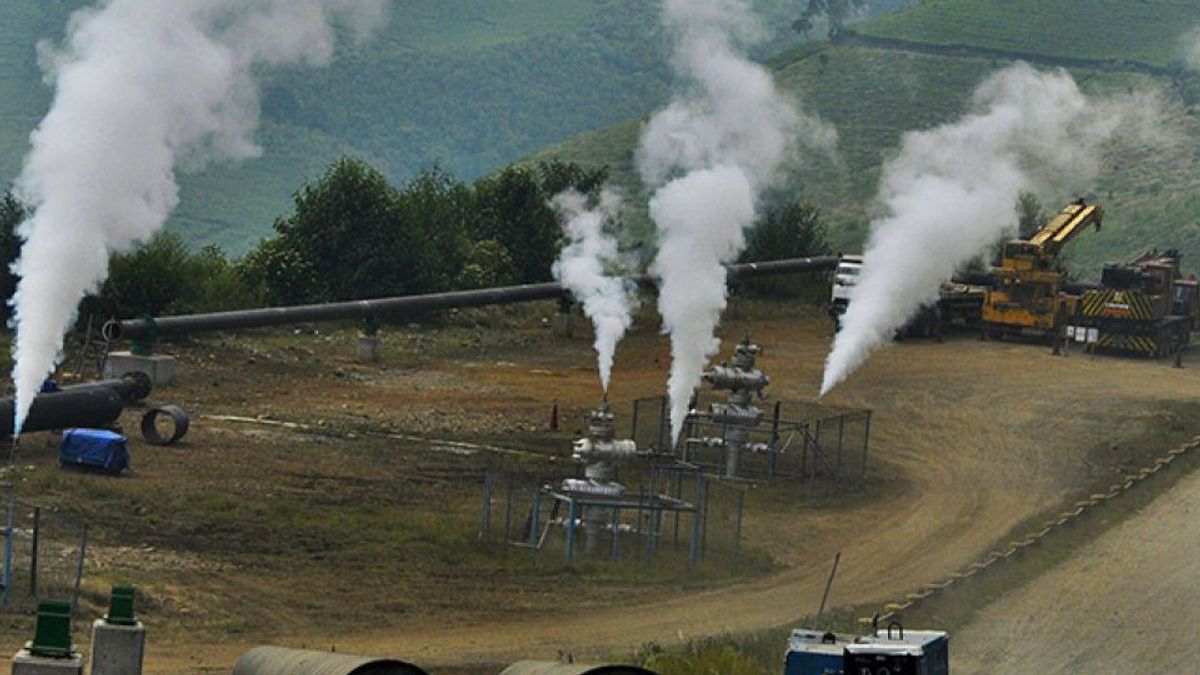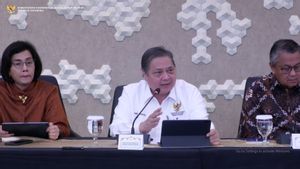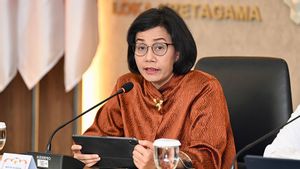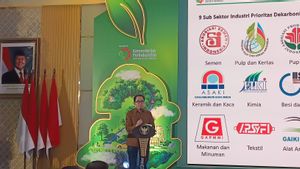JAKARTA - The government is reminded to review the wider effort to increase industrial competitiveness, so that it does not rely on just one factor.
Executive Director of the Reforminer Institute, Komaidi Notonegoro said, there are many factors to increase the competitiveness of the Indonesian industry such as licensing, raw materials, skilled workers and competitive machines, not just at gas prices.
"When we talk about gas price competitiveness, this is only one of the real factors because the competitiveness was formed by dozens of factors," said Komaidi at the CNBC Indonesia Energy Corner event, Tuesday, August 8.
According to Komaidi, the government needs to rethink establishing the right efforts to increase industrial competitiveness, so that it does not only focus on the context of cheap gas prices. Because it is feared that if these efforts are not on target, the oil and gas investment climate will be less conducive.
"That's a true aspect that if the price of gas is cheap, then the competitiveness is relatively higher, say it will increase but it is necessary to see the leverage," said Komaidi.
Komaidi revealed, based on the records of the Reforminer Institute study, efforts to increase industrial competitiveness by lowering gas prices to USD 6 per MMBTU have not had an impact, this is reflected in gas absorption by the industry not being optimal according to the set allocation.
"What needs to be seen is that there are several things to note from us that we studied during the implementation of special gas prices for at least the last 3 years the absorption is always below the allocation," he said.
Komaidi continued, the state's sacrifice in the USD 6 gas price policy per MMBTU was quite large, namely the loss of PNBP reaching Rp 30 trillion in three years, the sacrifice was not appropriate from the results obtained from the industrial sector.
"So far, the amount sacrificed by the government in pickmarks because then the government gave up for the state revenue part of the reduced gas PNBP has not been commensurate with what was received from additional tax revenues from the special gas price recipient sector sector," he said.
SEE ALSO:
Secretary-General of ASPERMIGAS Elan Biantoro views that the implementation of cheap gas for the industry needs to be comprehensively regulated so that it is not only one of the parties who benefits or is harmed, resulting in economic equality.
"That is what the government should regulate and this will indeed have a multi-sectoral discussion from upstream to buyers, there needs to be good coordination, all of which are government authorities who must coordinate it," he said.
Regarding the expansion of the industrial sector which gets USD 6 per MMBTU gas price facilities, Elan installed the plan to be realized in stages, prepared a transition period so as not to cause problems in the future and create a Multiplier effect for the economy
"There must be a transition period that we are preparing to go in what direction we want, that the cheap gas price is a cheap language, so we are affordable by the people," concluded Elan.
The English, Chinese, Japanese, Arabic, and French versions are automatically generated by the AI. So there may still be inaccuracies in translating, please always see Indonesian as our main language. (system supported by DigitalSiber.id)
















